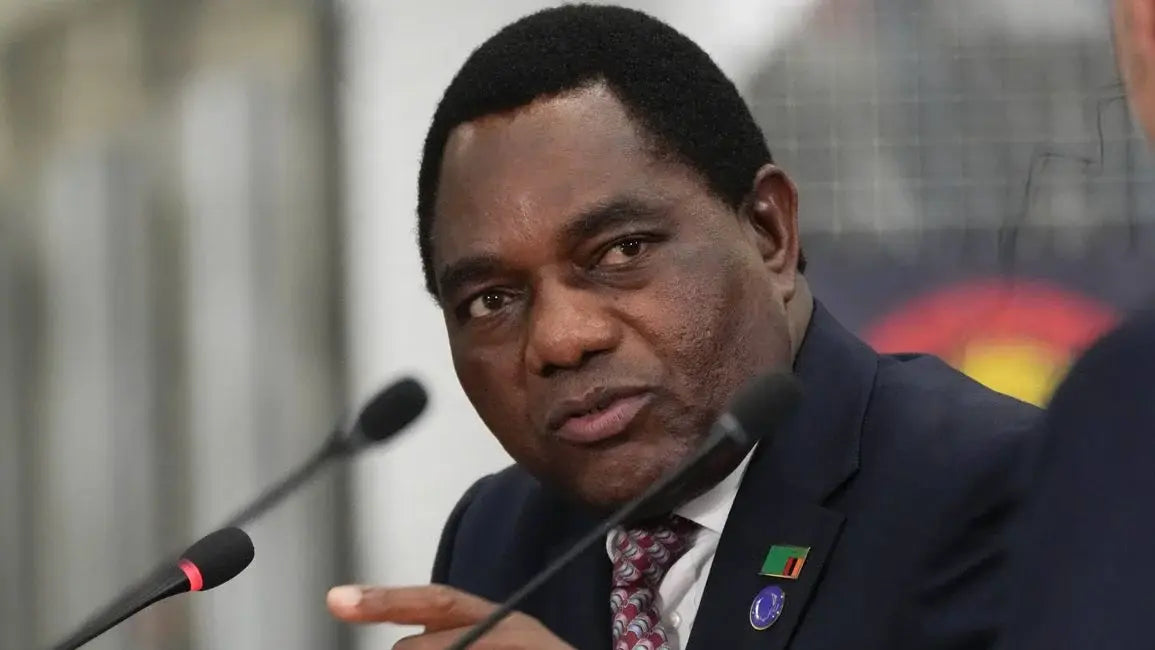
Zambia: Witchcraft trial shakes society between modernity and tradition.
In Zambia, a witchcraft trial is making waves and shaking minds. In a country where African superstitions often coexist with modern beliefs, the case that broke out in the city of Kitwe is challenging centuries of traditions and cultural interpretations. Accusations of witchcraft are being brought back to the forefront, and a completely different form of magic is at work: that of value judgments and enlightened opinions.
A spectacular and unexpected trial
The courtroom was packed, with supporters and skeptics taking their places on the benches. The spectacle is not only about pleadings, but also a kind of mob court where everyone comes to give their interpretation of witchcraft. Witnesses tell incredible stories, amplifying the drama surrounding this already sulphurous case.
The accused defend themselves vehemently, proclaiming their innocence while the smell of absurdity hangs in the air. Some speak of injustice, others of a modern witch hunt. Ultimately, here, witchcraft is revealed as a matter of perceptions and prejudices, raising vivid debates about rationality within Zambian society.
Society's reactions: between support and denial
Social media is ablaze as the news spreads, and it doesn't take much for public opinion to be divided. On one side, human rights groups are speaking out against the trial, which they consider retrograde, while on the other, supporters of local traditions are claiming that witchcraft is a reality that must be taken seriously. We are witnessing a rise in passions where modernity and tradition clash.
Of course, this is not just a trial; it is symbolic of a much larger struggle between the past and the future. Zambian authorities must now juggle this volatile situation while trying to strengthen the rule of law.
A political issue?
Recently, some observers have begun to see political implications in the case, arguing that the witchcraft trial could be used as a tool to distract attention from the real economic and social issues plaguing the country. Between corruption and popular dissatisfaction, the witchcraft accusations could well be the ideal suspicion to distract from the real problems.
The question remains: How much will the case shape the political landscape? Could it pave the way for reforms that challenge these deeply held beliefs? Zambia is at a crossroads, and this case could be the catalyst for change – or the straw that breaks the camel’s back.
In short, this thorny witchcraft trial reminds us that not everything is black and white and that the enlightened path of reason is sometimes obscured by ancestral shadows. That truth emerges from the darkness, and that Zambia can navigate between tradition and progress.



Leave a comment
This site is protected by hCaptcha and the hCaptcha Privacy Policy and Terms of Service apply.